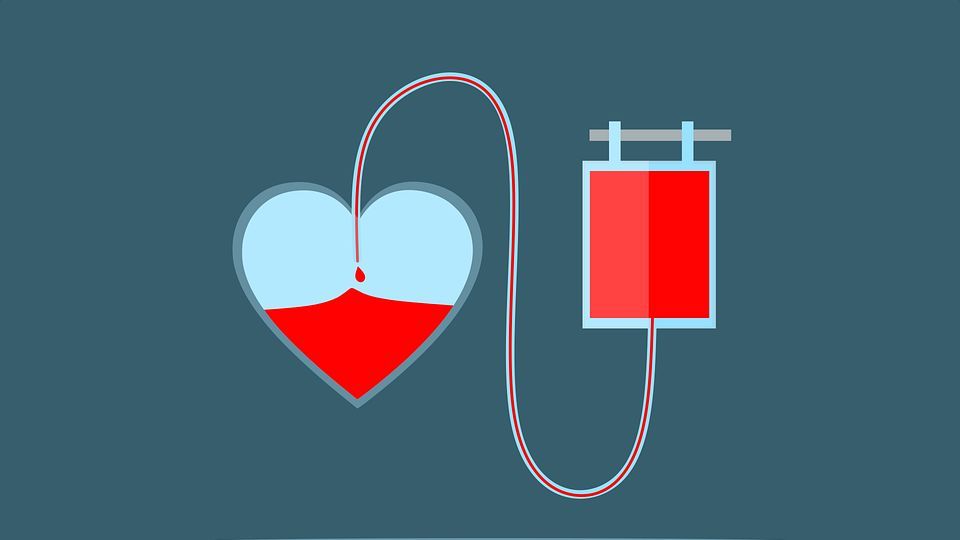
The State Blood Transfusion Council (SBTC) has issued a stern directive to all blood centres and blood donation camp organisers, warning against offering substantial gifts to donors. The move follows complaints about incentives like helmets, headphones and Bluetooth devices being used to attract donors, which contradicts the core principles of voluntary blood donation.
During its 51st meeting held on October 8, the SBTC raised concerns about flouting the principle of voluntary blood donation. The council emphasised that donation should be an altruistic act, free from any material compensation, in line with the National Blood Transfusion Council and the World Health Organisation guidelines. “Offering such incentives risks reducing blood donation to a transactional activity, which undermines its ethical foundation,” said an SBTC official.
In a circular dated November 13, the SBTC outlined new measures to ensure compliance. “Blood centres must secure written undertakings from organisers, affirming that no substantial gifts will be distributed. These documents must be retained for five years and be available for inspection by the SBTC or the Food and Drug Administration,” pointed out the official.
He said that organisations applying for or renewing no objection certificates for blood centres must submit affidavits pledging adherence to these rules. “Violations could result in penalties, including the suspension or cancellation of operating licenses,” he added.
While substantial gifts are prohibited, the guidelines allow for small tokens of appreciation such as meal coupons, badges, T-shirts or mementos. These items are seen as gestures of gratitude and align with the ethos of voluntary donation. According to the official, the daily blood unit requirement for Mumbai alone is between 500-700 units and the city needs close to 25,000 donors to donate blood every month.
The whole blood and most of the other blood components have a shelf life of up to 45 days.
Measures taken
Blood donation camp organisers must give in writing that no substantial gifts will be given
Document must be retained for 5 years and presented to authorities if asked
Blood centres seeking NOC must submit affidavits pledging adherence to these rules
Violations may lead to suspension or cancellation of operating licenses